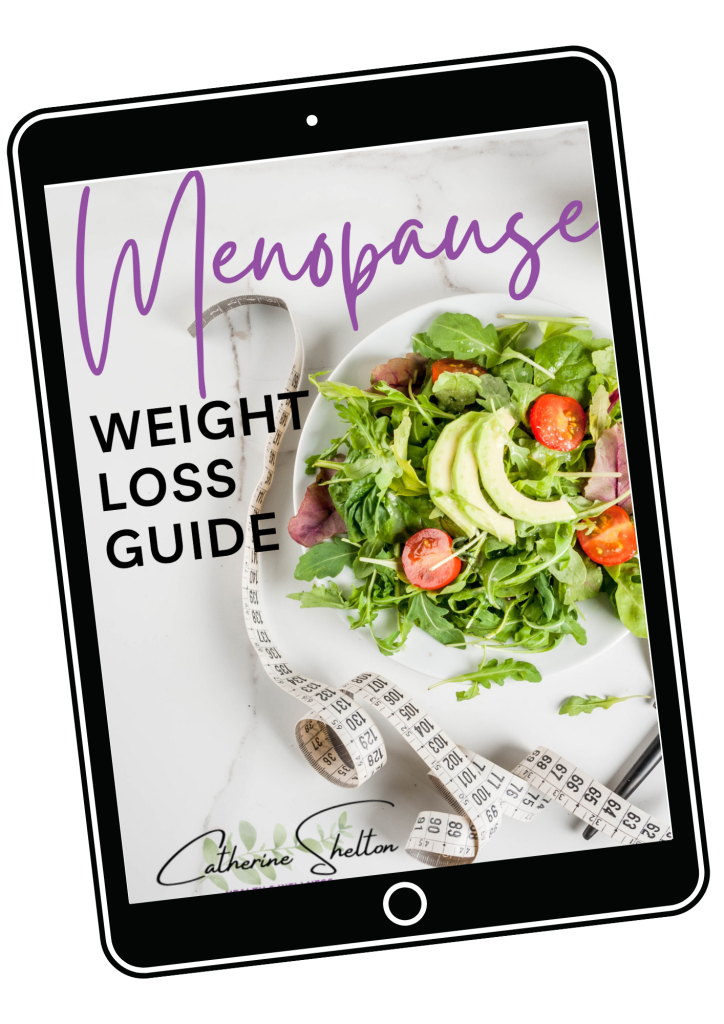Hot flushes (or hot flashes) are a well-known symptom of menopause, and can be quite debilitating, embarrassing and, quite frankly, happen at really inconvenient times. As is the case with most menopausal symptoms, the intensity of these can vary from woman to woman.
What’s going on?
Hot flushes are rare among Japanese and Mayan women but much more common among European and American women. One factor appears to be that Japanese and Mayan diets tend to be much lower in animal products and processed foods, which have been shown to affect our hormones, and higher in plant-based whole foods.
Another factor could be sugar intake. Our bodies need to produce insulin to efficiently deal with the sugar levels in our blood. However, if we have too much sugar in our diet (from sugary but also refined and processed foods) we can become insulin resistant. This disrupts normal hormone production.
Whatever diet we follow, eating more whole plant foods (fruits, vegetables, nuts, seeds and legumes) and fewer processed, junk foods is extremely important.
Some other natural solutions:
- Avoid hot drinks, alcohol and sugar.
- Avoid spicy foods, and cut down on warming spices such as ginger.
- Keep your environment cool and avoid hot baths.
- Avoid tight and heavy clothing. Use breathable fabrics. Deliberately underdress for the weather.
- Reduce stress triggers
- Have a 2oz essential oil spritz bottle on you at all times – 7 drops of clary sage, 7 drops of peppermint and 5 drops of geranium in water or witch hazel.
- Consider supplementing with magnesium oxide (most of us are deficient in magnesium)
- Other helpful supplements include berberine, Vit E, maca, ashwagandha (unless you’re sensitive to nightshades), chaseberry (just in the second half of your cycle).
- Drink cold water and carry a bottle with you.
If you’re concerned about your symptoms, it’s important you always check with your doctor, especially if you’re considering adding new supplements. However, there are a lot of simple steps you can take by modifying your diet and lifestyle which can have a hugely beneficial effect on your overall health and energy levels, as well as help ease your symptoms. If you’re interested to find out more, jump on a free, 30-minute discovery call with me, I’d love to hear from you.
Disclaimer: This information is for educational purposes only and does not replace advice given by your primary care provider. Please see your doctor if you’re considering making substantial changes to your diet and lifestyle.

GRAB YOUR FREE MENOPAUSE WEIGHT LOSS GUIDE!
Are you finding the pounds are gradually creeping on? Are you frustrated because the usual trick of ‘eat less, move more’ just isn’t working anymore?
In this guide, I explain why women often gain weight in perimenopause, and I give you 3 simple tips so you can start to turn that around right away!








Leave a Comment